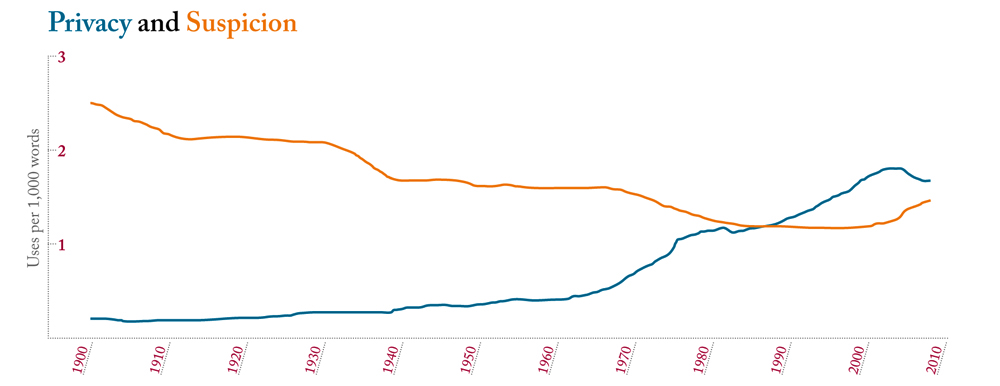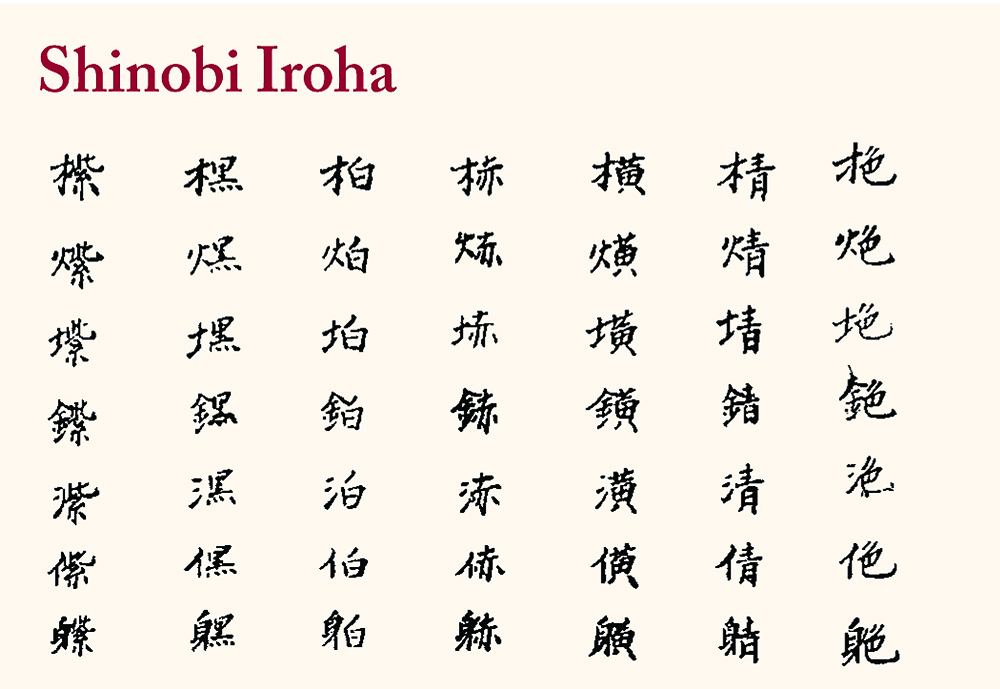
Nymph and Shepherd, by Johann Liss, c. 1625. The Metropolitan Museum of Art, Purchase, Lila Acheson Wallace Gift, Victor Wilbour Memorial Fund, The Alfred N. Punnett Endowment Fund, and Marquand and Curtis Funds, and Bequests of Theodore M. Davis and Helen R. Bleibtreu, by exchange, 1999.
ayyar: Originally, Arabic for vagabond; in the Persian tradition, a morally ambiguous character, generous; part rogue, part thief, part spy.
birdwatcher: British intelligence slang for a spy.
cipher: Disguised form of writing using invented characters or characters employed in other than the usual sense. From Arabic çifr, for the arithmetical digit zero; related to adjective çifr, for empty, void. Originates from Sanskrit sunya, empty.
clancular: Secret, private; clandestine, underhand. From Latin clanculārius, secret; diminutive of clam, in secret, privately. “By clancular poisons he can infect the bodies.”—Robert Burton, The Anatomy of Melancholy (1621)
clancy: Intelligence slang for a person who has read Tom Clancy novels and therefore believes he or she understands spycraft.
cloak-and-dagger: Characteristic of mystery, intrigue, or espionage. From French de cape et d’épée.
cobbler: Spy who creates false passports and other documents.
drone: Unmanned aerial vehicle often used for surveillance. From Old English drān, stingerless male honeybee; from Greek thrēnos, dirge. Figurative sense of “idler, lazy worker” dates to 1520s. Real-time drone surveillance first used by Israelis in 1982 war with Lebanon.
dry cleaning: Actions taken by agents to determine if they are under surveillance.
dubok: A drop, delivery; a supposedly innocent place where clandestine activity is shielded. From Russian for oak tree.

espionage: Of Germanic origin; possibly from Old High German spehan, to look out. “To the word espionage a stigma is attached.”—Jeremy Bentham (1825)
fink: Pejorative word once of wide application, esp. an unpleasant or contemptible person; informer, detective. Dates to Homestead Strike (1892). One etymology suggests it was originally pink, from Pinkerton, a reference to strikebreakers recruited by that detective agency.
frumentarii: Roman secret service; staffed by supply sergeants whose original function was the purchase and distribution of frumentum, grain.
ghoul: Agent who searches obituaries and graveyards for names to be used as covers.
gumshoe: Private or plainclothes detective; first known use, 1906. From rubber-soled shoes, so called from as early as 1863.
honeytrap: Romantic or erotic enticement; a lure set to trap a mark.
hospital: Russian intelligence slang for prison.
illness: Russian intelligence slang for someone under arrest.
Kempeitai: Military police; the secret police of the Imperial Japanese Army from 1931 to 1945.
legend: Elaborate cover for an intelligence officer.
mole: Agent of one intelligence organization who works for another. “Moles perpetually working and casting to undermine him.”—Francis Bacon, History of the Reign of King Henry VII (1622)
patsy: Fall guy; possibly from Italian pazzo, fool, lunatic.

ratfucking: Political sabotage, dirty tricks. Usage originates from Richard Nixon campaign strategist Donald Segretti. Also, Philadelphia ratfuck (or PRF), a crowded and frenetic social event.
raven: Male agent employed to seduce people for intelligence purposes (see swallow).
roll-up: The capture of an agent that shuts down an operation.
ruse: Trick, deceit, stratagem. From Middle French ruse, detour or turn made by hunted animal, possibly as a means of retreat.
scopophobia: Morbid dread of being watched. From Greek σκοπέω, to view, and ϕόβος, fear.
secretary: (Obs.) Confidant, one entrusted with private or secret matters, one privy to a secret; also, a secret chamber or repository. From medieval Latin secretarius, secretary, notary, scribe, confidential officer.

skulduggery: Dishonest, underhanded, unfair, or unscrupulous activity or behavior; gross or lewd conduct. Origin unknown. First known use, 1867.
SMERSH: Soviet counterintelligence unit existing from 1943 to 1946. Acronym of Russian smert shpionam, death to spies.
spy boy: Rank of Mardi Gras Indian during carnival in New Orleans; a scout who marches at the vanguard of his tribe’s parade. The Spy Boy goes out ahead of the Big Chief, searching for other chiefs.
spyglass: Telescope, field glass. “The whole, as seen with a spyglass, seems ruinous.”—Walter Scott, Diary (1814)
Spy Wednesday: In Irish use, the Wednesday before Easter; said to be in allusion to Judas.
steganography: Art of secret writing; cryptography. From modern Latin steganographia; assumed to be from Greek στεγανός, covered, and γράϕειν, to write.
stool pigeon: Informer; probably from the practice of fastening a decoy bird to a stool. First known use, 1826.
sycophant: (Obs.) Informer, malicious accuser, slanderer. From a class of private informers in ancient Athens who prosecuted aristocrats that refused to do their share to support government. From Greek σῦκον, fig, and ϕαν-, root of ϕαίνειν, to show. Plutarch claims in his Lives that σῡκοϕάντης, literally “fig shower,” originates from one who informed on exporters of figs, an action that had been outlawed.
swallow: Female agent employed to seduce people for intelligence purposes (see raven).
uncle: Headquarters of an espionage service. (“I paid a visit to uncle today.”)
voyeur: One who obtains sexual gratification from observing unsuspecting individuals who are naked, or engaged in sexual activity; broadly, one who seeks sexual stimulation by visual means. From French voyeur, one who sees; from Latin vidēre, to see. First known use, 1900.
watch: Surveillance over a person, either for protection or with hostile intent; action of keeping guard and maintaining order in the streets, esp. at night, and esp. performed by select members of the community. “Am I a sea, or a whale, that thou settest a watch over me?”—Job 7:12, King James Bible (1611)
wet work: Murder or assassination; the spilling of blood.
Yezhovshchina: Most severe period (1936–1938) of Stalinist purge, in which a million people were killed. From Nikolai Yezhov, chief of the NKVD, the Soviet security police.
Explore Spies, the Winter 2016 issue of Lapham’s Quarterly.